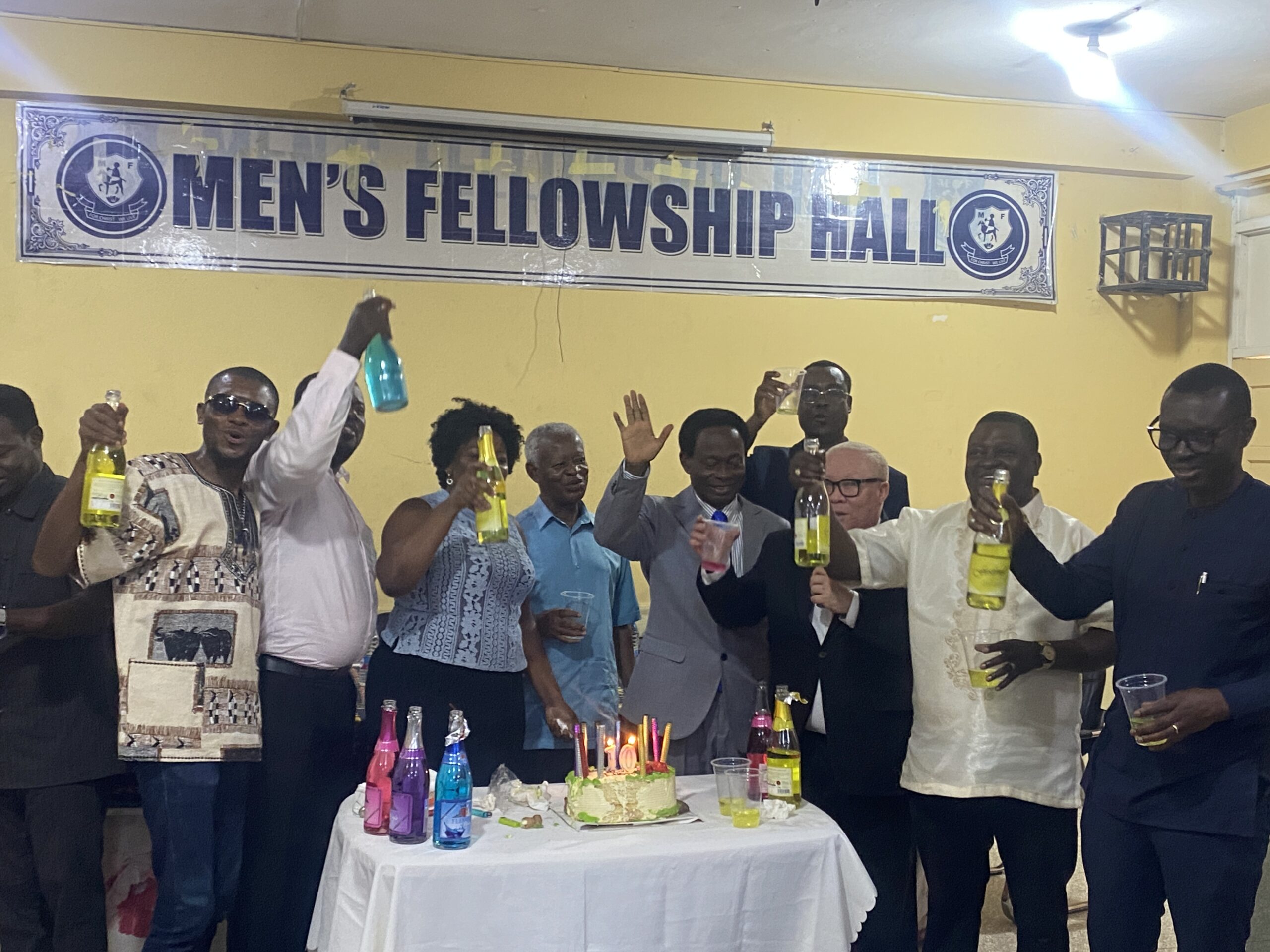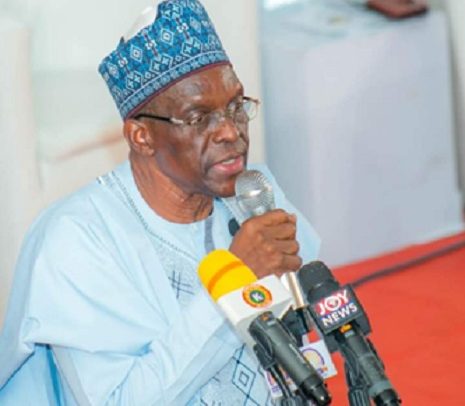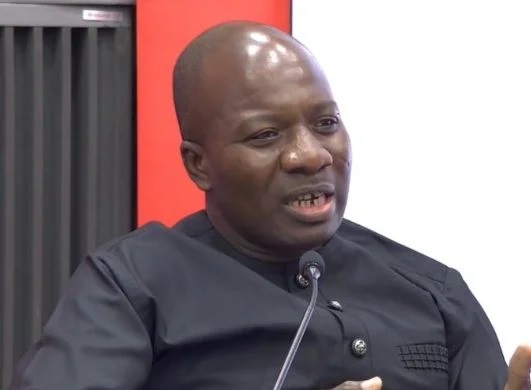


Mr Kissi Agyebeng, the Special Prosecutor, says Ghana has now developed a robust architecture to effectively fight private and public sector corruption by establishing the Office of the Special Prosecutor (OSP).
In a reflection on the country’s 68-year journey after gaining independence in 1957, he noted that various frameworks and institutions had faced gaps, making it difficult to holistically tackle corruption among both public and private actors.
Despite its own challenges, he stated that the OSP remained the country’s ideal institutional response to investigating and prosecuting corruption and corruption-related offences, recovering and managing assets.
The Special Prosecutor spoke at the 2025 African Union Advisory Board Against Corruption (AUABC) high level Conference, held in Accra on Friday, on the theme: “Revitalising the Anti-Corruption Architecture in Africa: Ghana’s Accountability Journey.”
“The more laws we pass, the more people steal and nothing happens,” Mr Agyabeng said, attributing the canker to the country’s imperfect anti-corruption architecture, calling for a renewed political courage towards corruption fight.
He explained, for example, that the Commission on Human Rights and Administrative Justice (CHRAJ) could only investigate but not prosecute, while the reliance of the Economic and Organised Crime Office (EOCO) on the Attorney-General made it ineffective in pursuing politically exposed persons.
Mr Agyabeng said the OSP model provided a unique four-fold mandate and afforded the institution the political neutrality and non-selectiveness in the fight against corruption, ensuring optimal delivery of responsibility.
The four-fold mandate are investigating corruption and corruption-related cases, prosecuting suspected offenders, recovering and managing assets, and taking steps to prevent corruption.
“The model is not without its shortcomings – as is suffered by every human construct. Yet we have a golden opportunity to, once again, re-tool and reshape it to fit our purposes – during the current exercise of constitution review,” he noted.
Mr Agyabeng cited the country’s laws being a step behind criminal innovation and technological advancement, difficulty in engagement of wealthy people for corrupt practices, and the use of ‘after-the-fact models’ as challenges to the country’s corruption fight.
“The focus should be on a system, which would stand the test of time – with this in mind, that while no anti-corruption system is failsafe, ours should be reasonably able to withstand attack,” the Special Prosecutor recommended.
He called for a conscious national effort to design and build integrity into the educational system, from basic school through to the tertiary level, preparing the young ones to prevent and better fight corruption.
“We must strive to change the narrative and fashion our own cause and course by keeping the glimmer on the horizon glowing until the light beckons closer and shines overhead in a just and prosperous trajectory,” he said.
Madam Yvonne Mutepuka Chibiya, AUABC Board Member, commended Ghana for strengthening its domestic anti-corruption architecture, citing as laudable the public sector accountability, establishment of the OSP and the passage of the Right to Information Act.
She applauded the country for being one of the first to have ratified the African Union Convention on Preventing and Combating Corruption (AUCPCC).
She pledged the AUABC’s commitment to further strengthening Ghana’s architecture to fight corruption, by revitalising its legal frameworks and institutions to accelerate progress towards an integrated, prosperous and peaceful Africa.
Source: GNA
The post Ghana now has the best bet anti-corruption architecture – Special Prosecutor appeared first on Ghana Business News.
Read Full Story



















Facebook
Twitter
Pinterest
Instagram
Google+
YouTube
LinkedIn
RSS